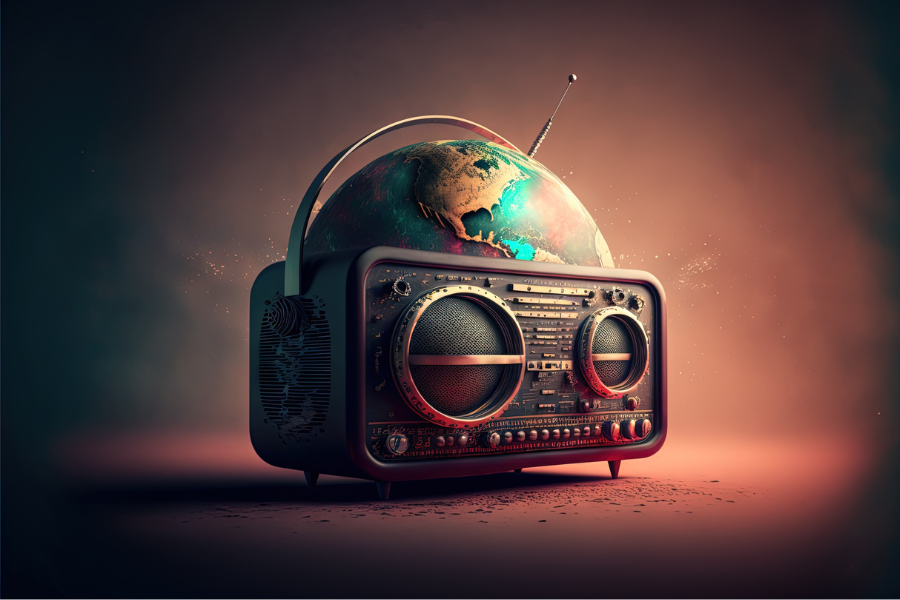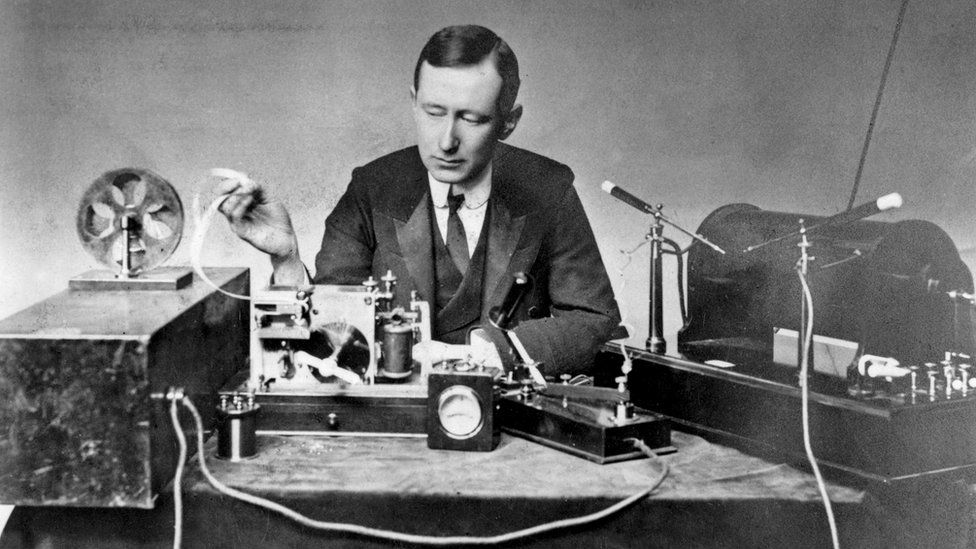Radio broadcasting has come a long way since its humble beginnings in the late 19th century. From the pioneering experiments of Nikola Tesla and Guglielmo Marconi to the modern digital era, the history of radio broadcasting is a fascinating journey filled with innovation, triumphs, and challenges. Let’s take a closer look at the evolution of radio broadcasting and how it has shaped the world of communication as we know it today.
The Early Years: Invention and Experimentation
The history of radio broadcasting can be traced back to the late 1800s when inventors and scientists were experimenting with wireless telegraphy. Nikola Tesla, a Serbian-American inventor, was one of the first to envision the possibility of wireless communication. In the 1890s, he conducted groundbreaking experiments in radio transmission, laying the groundwork for future developments in the field.
However, it was Guglielmo Marconi, an Italian inventor, who is widely credited with the invention of radio. In 1895, Marconi successfully transmitted radio signals over a distance of several kilometers, demonstrating the feasibility of wireless communication. His experiments paved the way for the development of practical radio broadcasting systems.

The Golden Age of Radio: Rise of Mass Communication
The early 20th century saw the rise of radio as a mass medium for entertainment, news, and information. In the 1920s and 1930s, radio broadcasting experienced rapid growth and popularity, becoming a central fixture in homes across the globe. Radio stations sprung up in cities around the world, broadcasting music, drama, comedy, and live events to eager listeners.
One of the defining features of this era was the emergence of radio networks, such as the National Broadcasting Company (NBC) and the Columbia Broadcasting System (CBS), which provided programming to affiliate stations across the country. These networks enabled radio to reach a wider audience and established the foundation for the modern broadcasting industry.
World War II and Beyond: Radio’s Role in Conflict and Crisis
During World War II, radio played a crucial role in communication, propaganda, and morale-boosting efforts. Radio broadcasts were used to disseminate news updates, wartime propaganda, and messages of encouragement to troops and civilians alike. In countries around the world, radio became a lifeline for those living in war-torn areas, providing vital information and a sense of connection to the outside world.
After the war, radio broadcasting continued to evolve, with the introduction of FM radio, stereo broadcasting, and transistor radios. These technological advancements made radio more accessible and convenient, further solidifying its position as a primary source of entertainment and information for millions of people.
The Digital Age: Radio in the 21st Century
In the 21st century, radio broadcasting has undergone a digital revolution, with the advent of satellite radio, internet radio, and podcasting. These new technologies have expanded the reach of radio beyond traditional broadcast towers, allowing listeners to tune in from anywhere in the world.

Satellite radio services like SiriusXM offer hundreds of channels of commercial-free music, news, and talk radio, while internet radio platforms like Pandora and Spotify provide personalized music streaming experiences. Podcasting, meanwhile, has exploded in popularity, with millions of listeners tuning in to a diverse array of audio content on-demand.
Despite the rise of digital media, traditional radio broadcasting remains a resilient and enduring medium, with millions of listeners tuning in to their favorite stations every day. Whether it’s in the car, at home, or on the go, radio continues to play a vital role in our lives, providing entertainment, information, and a sense of community to listeners around the world.
The history of radio broadcasting is a testament to human ingenuity, creativity, and resilience. From its humble beginnings as an experimental technology to its status as a global mass medium, radio has undergone remarkable transformations over the past century. As we look to the future, one thing is certain: radio broadcasting will continue to evolve and adapt to meet the changing needs and preferences of audiences worldwide.


